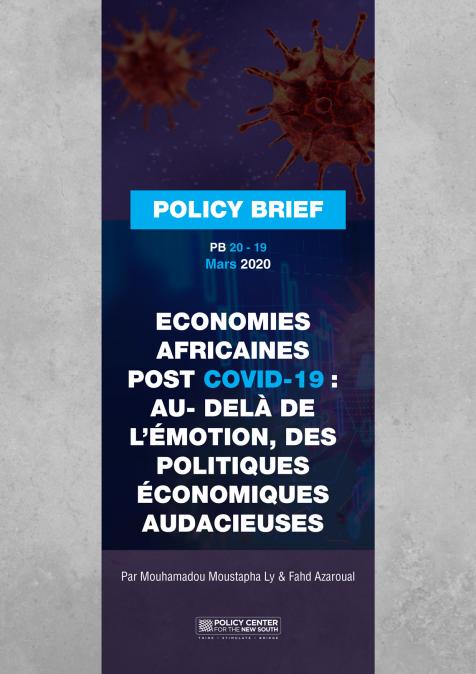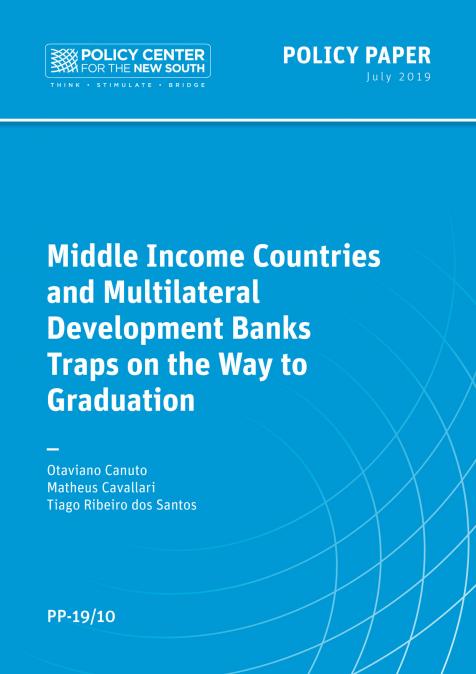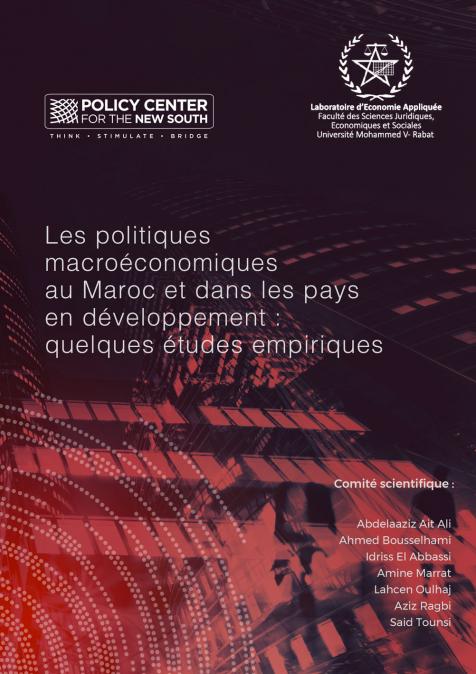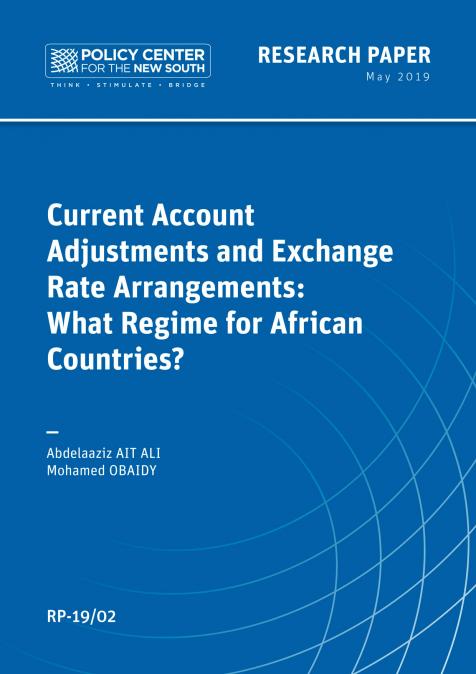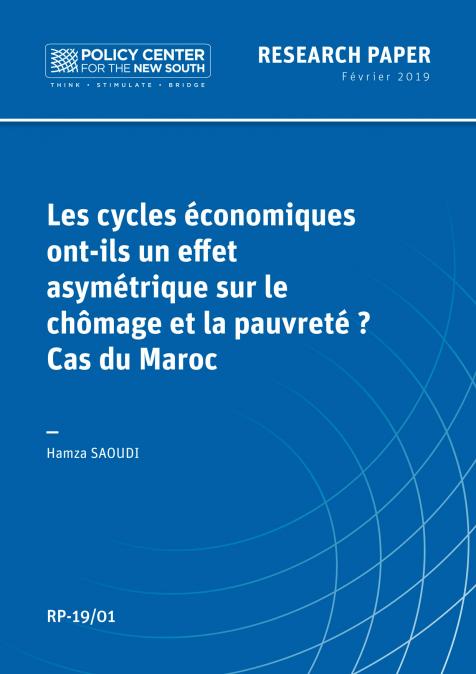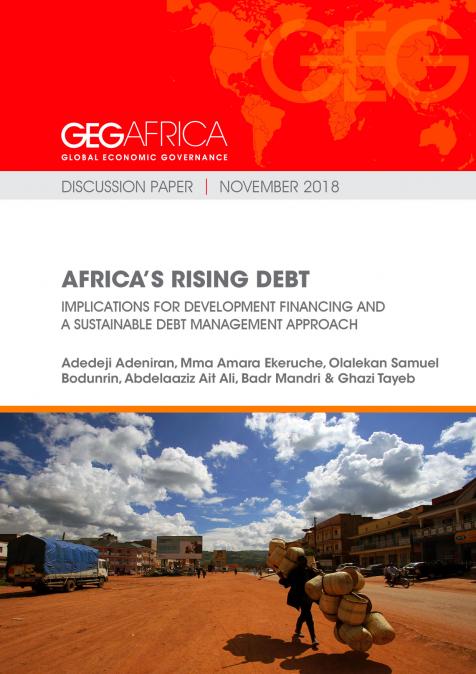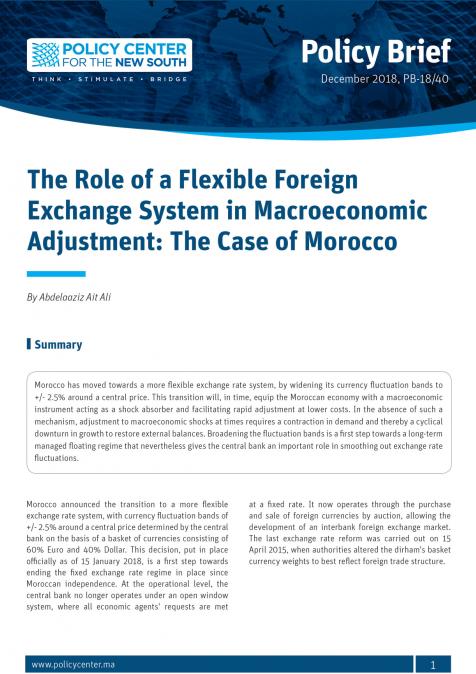Publications /
Policy Brief
Le Covid-19 marque les esprits et impose à l’économie mondiale un ralentissement qui fait craindre les pires conséquences sur la production, les emplois et sur le futur immédiat des économies en développement. Les autorités budgétaires et monétaires à travers le monde s’engagent dans des politiques de soutien aux économies, avec des fonds et des initiatives inédits. Le continent africain, également touché par la pandémie, mène lui aussi des politiques économiques courageuses (budgétaires et monétaires) mais la principale question que nous posons c’est de savoir les nouvelles orientations qu’il faudra donner à ces politiques économiques une fois la pandémie maitrisée et que les mesures sanitaires (e.g. de confinement) levées ? A ce titre, nous recommandons fortement la poursuite des efforts d’investissement des Etats afin d’accélérer la résorption du gap en infrastructures, élément déterminant dans la croissance économique du continent. Aussi l’emploi et l’employabilité seront des leviers importants que les Etats devront stimuler pour soutenir la nouvelle économie post Covid-19. La période post Covid-19 sera, à n’en point douter, une ère marquée par des besoins de financement importants de la part des Etats et des grandes entreprises, ce qui voudra dire un risque important d’éviction des PME/PMI du marché du crédit. Dès lors, les banques centrales devront mettre en place les bonnes incitations pour conduire le système bancaire à avoir de l’appétit pour des crédits aux PME/PMI africaines qui sont la pierre angulaire de toute politique de développement.

